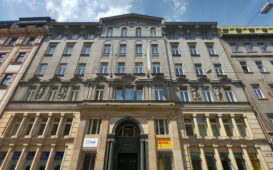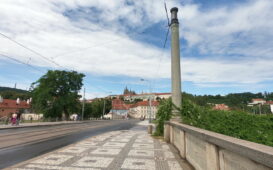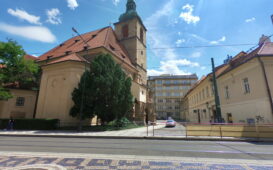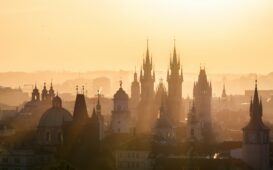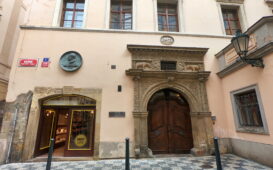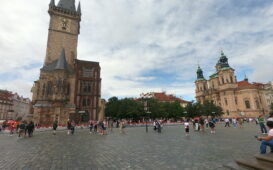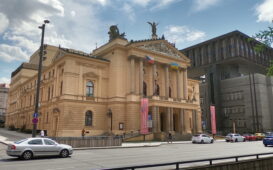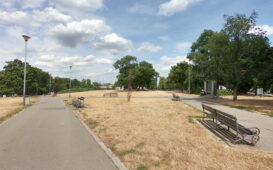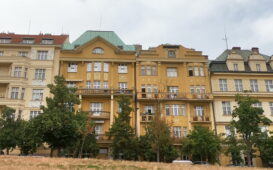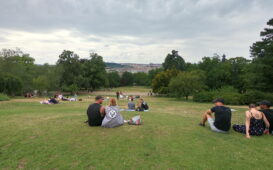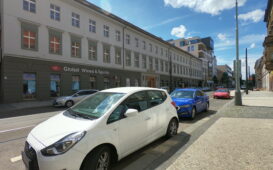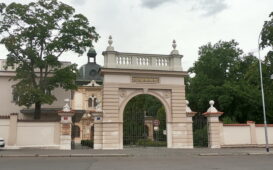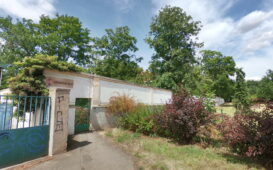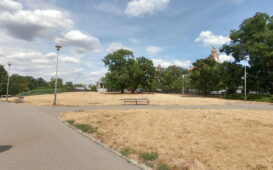Paths of Prague’s German-Language Writers
Prague has been a city of the German language and German-written literature since the Middle Ages. A huge portion of literature and documents on the Czech and Prague history was written in German. It was only in the mid-19th century when the two language groups in the country started to separate politically, yet they still co-existed side by side in places like Prague.
The share of German speaking inhabitants of Prague decreased gradually, but the city continued to be the cultural centre of the German minority – there was a German university, theatre and editorial offices of numerous German-written newspapers. Nevertheless, German-speaking Prague citizens were often a part of a larger cultural sphere – for example, Hermann Grab studied in Berlin and Vienna, and Rainer Maria Rilke left Prague to become an international writer.
Writers – both men and women – in the Czech lands were present at both sides of the nationalist conflict. Many writers, whether writing in Czech or German, helped to reinforce the idea of Czech society split in two nations with two different cultures – this was the goal of both Czech national revivalists and numerous nationalism-oriented German-writing authors. In our project, we want to emphasize those who actually tried to overcome such divisions in their lives and works. For example, the bilingual reporter Egon Ervín Kisch proved in his German-written stories that the Czech and German speaking bohemia was connected in Prague. It was often Jews (speaking both Czech and German) who found themselves at the border of the two cultures and languages. It is thus hardly surprising that many writers mentioned in our map such as Lenka Reinerová and Helena Tomanová-Weissová had Jewish backgrounds.
The Czech-German-Jewish culture in Prague ceased to exist during the Second World War, and German-writing authors were mostly forgotten as they were not included in the Czech literature canon. It was only the worldwide fame of Franz Kafka, one of the Prague-based German writers, that drew attention to this once rich cultural tradition. Our project shows that Prague’s German-written literature has much more to offer besides the tuberculosis-stricken insurance clerk who turned out to become a renowned novelist.
Author of the introduction: Karina Hoření, Author of the places: Lenka Barišová
The theme was created thanks to the support of the Czech-German Future Fund 2023.

Topic places
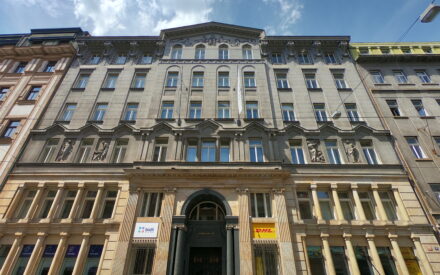
Rainer Maria Rilke
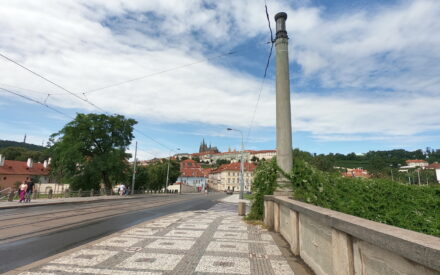
Hradčany
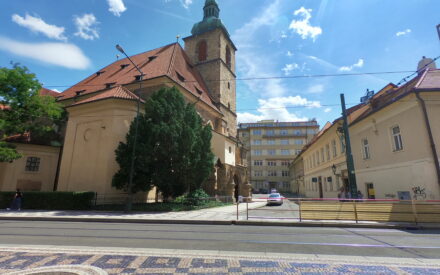
U svatého Jindřicha
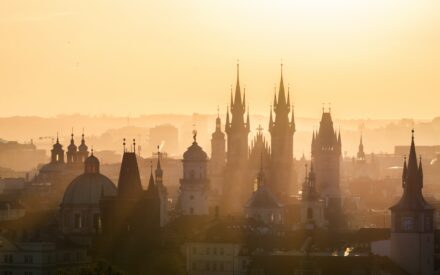
Smíchov Suburbs
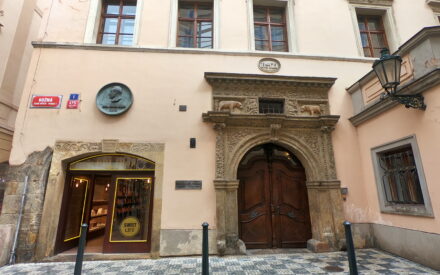
Egon Erwin Kisch
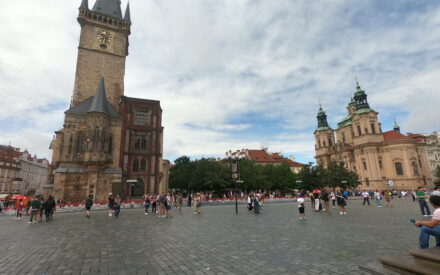
The Street Lamp Cafe
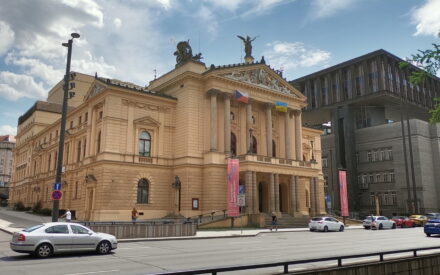
New German Theatre
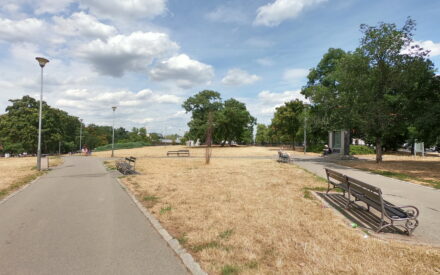
The World of the City Park (The Vrchlický Park)
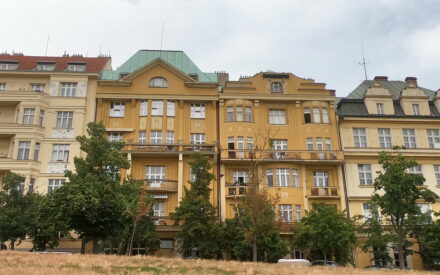
Helena Tomanová-Weisová

The City Park (The Vrchlický Park)
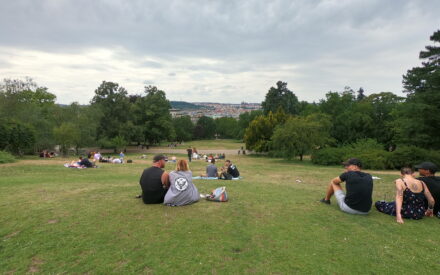
The Rieger Park
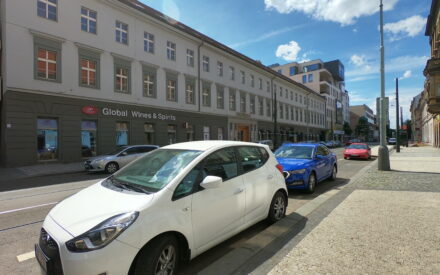
Lenka Reinerová
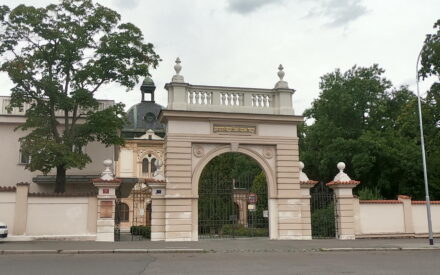
The New Jewish Cemetery
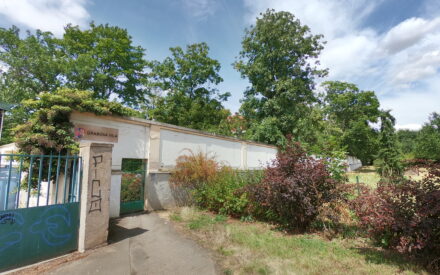
Hermann Grab
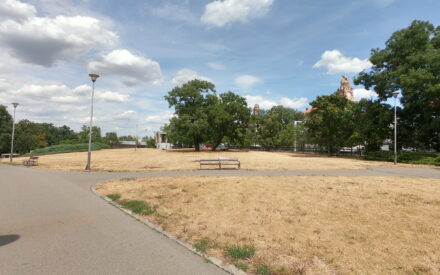
City Parks (The Vrchlický Park)
See also
Robert Popper
The story of a four-month escape through Prague.
A literary walk through Kafka’s Prague on the trail of his story Description of a Struggle
Procházka sleduje cestu, která je vylíčena v Kafkově dílku z let 1904–1910 Popis jednoho zápasu.
SoPaDe
German Social Democracy in Exile in Czechoslovakia.
